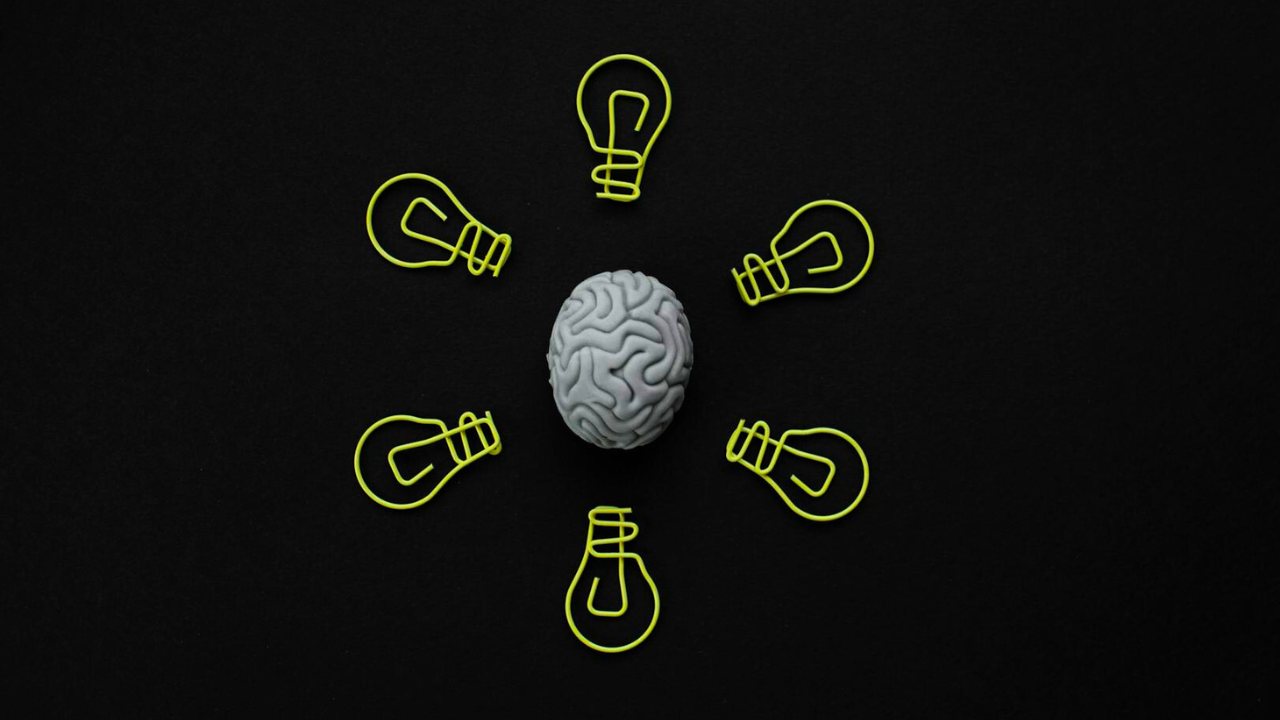Do you ever feel like your brain is playing tricks on you? Forget where you put your keys? Can’t remember that important meeting? Don’t worry, you’re not alone. In our fast-paced world, having a sharp memory is a significant advantage. Whether you’re a student or a professional, boosting your memory can increase your productivity, learning capacity, and overall quality of life. This guide will explore various strategies that will help you to improve your memory power.
What is Memory?
Our brains are incredible machines, constantly processing information and forming memories. Memory is the process by which information is encoded, stored, and retrieved. It involves different parts of the brain, including the hippocampus for forming new memories and the prefrontal cortex for working memory and decision-making. Simply, It is the ability to store and retrieve information. It’s a complex process involving three key stages:
Encoding: The initial process of taking in new information and transforming it into a form your brain can understand.
Storage: Holding onto the encoded information for later retrieval.
Retrieval: Accessing and recalling stored information when needed.
Boosting Memory Power: Practical Tips and Strategies
Here are some practical tips and strategies to boost your memory power:
1. Healthy Lifestyle Habits
Balanced Diet
A nutritious diet can significantly impact brain health and memory. Foods rich in antioxidants, vitamins, and omega-3 fatty acids support brain function. Consider incorporating:
- Leafy Greens: Spinach, kale, and other greens are packed with brain-boosting nutrients.
- Fatty Fish: Salmon, trout, and sardines are excellent sources of omega-3 fatty acids.
- Berries: Blueberries and strawberries contain antioxidants that improve brain health.
- Nuts and Seeds: These provide essential nutrients like vitamin E and omega-3s.
Regular Exercise
Physical activity increases blood flow to the brain, promoting the growth of new neurons and enhancing cognitive functions. Aim for at least 30 minutes of moderate exercise, such as walking, swimming, or cycling, most days of the week.
Adequate Sleep
Sleep is crucial for memory consolidation. During sleep, the brain processes and stores information from the day. Strive for 7-9 hours of quality sleep per night to support memory and cognitive function.
2. Mental Exercises
Brain Games
Engaging in brain-stimulating activities like puzzles, chess, and Sudoku can enhance cognitive abilities and memory. These games challenge your brain, encouraging it to form new connections and pathways.
Learning New Skills
Learning something new, such as a language, musical instrument, or hobby, can improve brain plasticity and memory. The process of acquiring new skills stimulates different parts of the brain, keeping it active and healthy.
Mindfulness and Meditation
Practicing mindfulness and meditation can reduce stress and improve concentration, both of which are beneficial for memory. Techniques such as deep breathing, guided imagery, and mindful meditation can enhance your mental clarity and focus.
3. Effective Study Techniques
The Spacing Effect
The spacing effect involves spreading out learning over time rather than cramming. This method helps improve long-term retention of information. Break your study sessions into shorter, more frequent intervals to enhance memory.
Mnemonics
Mnemonics are memory aids that help you remember information through associations. Techniques like acronyms, rhymes, and visualization can make recalling information easier and more efficient.
Visualization
Visualizing information can improve memory retention. Create mental images or diagrams to represent the material you’re trying to remember. This technique can make abstract information more concrete and memorable.
4. Social Connections
Maintaining strong social connections is vital for brain health. Engaging in social activities and maintaining relationships can reduce stress, improve mood, and enhance cognitive functions. Regular social interaction stimulates brain activity and can lead to better memory performance.
5. Supplements and Nootropics
Certain supplements and nootropics (substances that enhance cognitive function) may support memory and brain health. Common options include:
- Omega-3 Fatty Acids: Found in fish oil supplements, these support brain health.
- Ginkgo Biloba: An herbal supplement thought to enhance memory and cognitive function.
- Bacopa Monnieri: An herb used in traditional medicine to improve memory and reduce anxiety.
Before starting any supplement regimen, consult with a healthcare professional to ensure safety and appropriateness for your individual needs.
Conclusion
Improving memory is an ongoing process. Be patient with yourself, celebrate small victories, and make these strategies a part of your daily routine. With consistent effort, you can significantly enhance your memory power and unlock your mind’s full potential.



